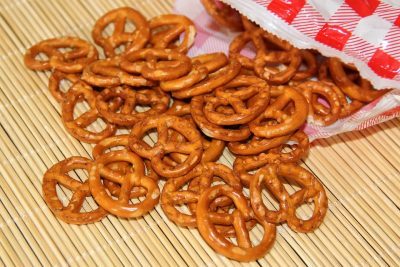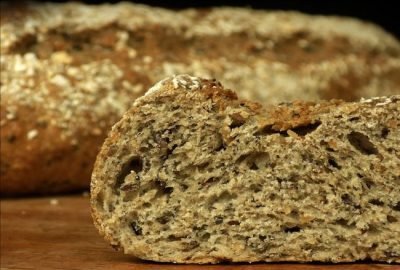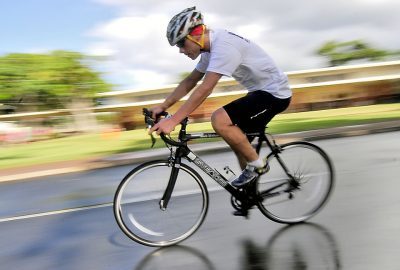Carbohydrates are the fuel of our muscles, the source of energy without which they can not function properly. They are stored in the form of glycogen
Carbohydrates are the fuel of our muscles, the source of energy without which they can not function properly. They are stored in the form of glycogen in the liver and muscles and are “burned” at the right time when energy is needed.
More glycogen is accumulated in the muscles more these will respond with strength and endurance.
To maintain high levels of glycogen and be full of energy, everyone who do sports should maintain a balanced diet rich in carbohydrates (55-65%), proteins (10-15%) and fats (25-30%).
Carbohydrates are especially important. The ideal is to consume them before training and even in the next half hour. This is because to replenish your muscle’s reserves as soon as possible allows you to recover quickly and then be ready to face another challenge.




Obviously if the intensity of training increases, the consumption (and therefore reserve) of carbohydrates has to increase.
Conversely, those who exercise on a bicycle to lose weight must first be aware of the amount of carbohydrates that they ingest. If the priority is to lose weight, make sure that at the end of the daythe calorie balance is negative. That is to say, with physical activity, to burn more calories than you are taking (you need about 500 calories less per day).
In practice, you need to increase the training intensity without increasing the amount of carbohydrate you consume.
Complex carbohydrates, found in whole foods, are preferable to simple carbohydrates, which are found in refined foods. The first ones contain all the original parts of the seed and all the nutrients. These digest more slowly and release energy lastingly, providing minerals, vitamins, trace elements and fibers that help regulate metabolism.
